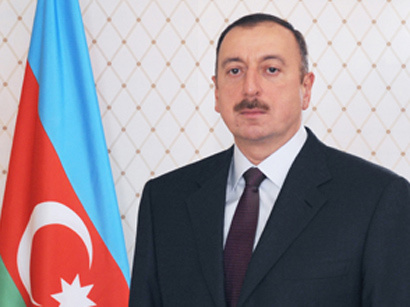Professor Etibar Najafov: “Azerbaijan is one of a few states in the world in which multiculturalism is a state policy”


On 25 June 2018, the Geneva Centre for Human Rights Advancement and Global Dialogue organized a World Conference on the theme of “Religions, Creeds and Value Systems: Joining Forces to Enhance Equal Citizenship Rights” at the United Nations Office at Geneva in collaboration with the International Catholic Migration Commission, the World Council of Churches, the Arab Thought Forum, the World Council of Religious Leaders, Bridges to Common Ground and the European Centre for Peace and Development.
The World Conference - held under the patronage of His Royal Highness Prince El Hassan bin Talal of the Hashemite Kingdom of Jordan - was addressed by more than 35 world-renowned religious, political and lay leaders from the major regions of the world.
In his statement, Professor Etibar Najafov, Head of the Department of Interethnic Relations, Multiculturalism and Religious Issues, Administration of the President of the Republic of Azerbaijan, emphasized the importance of harnessing the collective power of multiculturalism to prevent conflicts based on ethnic and religious grounds.
In his statement, Professor Etibar Najafov explained that Azerbaijan had managed to become a global centre multiculturalism due to its history and geographical location, which played an important role in shaping the Azerbaijani model of multiculturalism:
“In all the stages of the history of Azerbaijan, the representatives of different nations have peacefully coexisted in its territory (…). The ancient Silk Road passed through the territory of Azerbaijan. This favourable geographical location of the country played a crucial role in its formation and the development of a society with ethnic-cultural diversity”. He added that “the historical and geographical factors, which are essentially objective in nature, have played a critical role in the process of the birth and formation of the Azerbaijani multiculturalism”.
The success of the policy of multiculturalism in Azerbaijan – as highlighted by Dr. Najafov - is rooted in the “development of high level relations between State and religions in Azerbaijan.” This approach, he said, was fully supported by both the State and the people of Azerbaijan.
Запись Professor Etibar Najafov: “Azerbaijan is one of a few states in the world in which multiculturalism is a state policy” впервые появилась Baku International Multiculturalism Centre.














